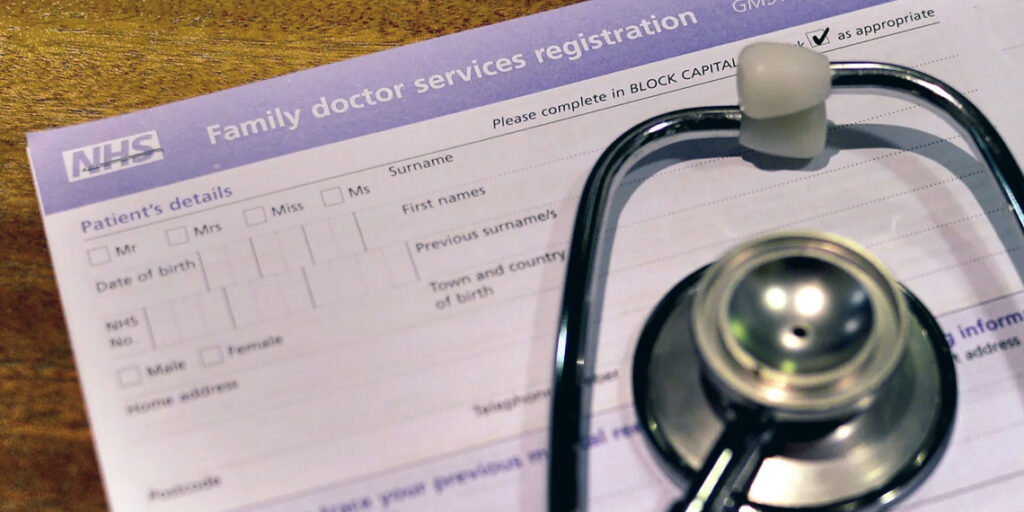South Yorkshire’s Integrated Care Board (ICB) has announced plans to slash its workforce by almost 50% as part of a major cost-cutting programme aimed at halving its annual running costs before the end of 2025.
According to a report from chief executive Gavin Boyle, the organisation’s headcount will fall from 800 whole-time equivalent staff to just 425. The ICB, which is responsible for planning and commissioning NHS services across Barnsley, Doncaster, Rotherham, and Sheffield, must reduce its annual operating budget from £61.7 million to £30.2 million by December.
Boyle described the change as “a major shift” for staff, confirming that redundancies will be necessary. While the exact number of job losses is yet to be determined, a consultation process is due to begin in autumn, with regular staff briefings already underway.
The cuts come in response to a government directive for NHS England and the Department of Health and Social Care to deliver £9 billion in efficiency savings before the end of the current parliament. National reforms will see ICBs focus more on planning and oversight rather than directly providing patient services. This will mean responsibilities such as arranging ongoing care for those with serious health needs, protecting vulnerable patients, and supporting GPs may be transferred to other organisations.
Despite other regions merging ICBs to save money, South Yorkshire will remain one of just 12 standalone boards in England, though it will explore sharing some functions with neighbouring areas.
Boyle acknowledged the pressures facing the NHS, including increased demand, advancing medical technology, and the cost of recent pay settlements. He noted that while NHS England’s budget will receive a 3% real-terms increase over the next three years, the financial outlook remains challenging. The government has said extra funding will go towards technology upgrades, GP training expansion, more urgent dentist appointments, and improved mental health support in schools.
The ICB said it will continue to focus on improving health outcomes, tackling inequalities, and ensuring value for money, but stressed that its new operating model will rely heavily on commissioning services rather than delivering them directly.


